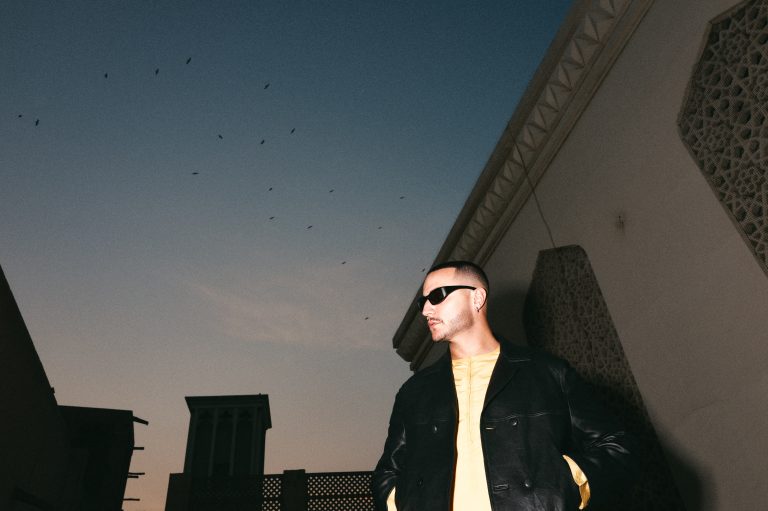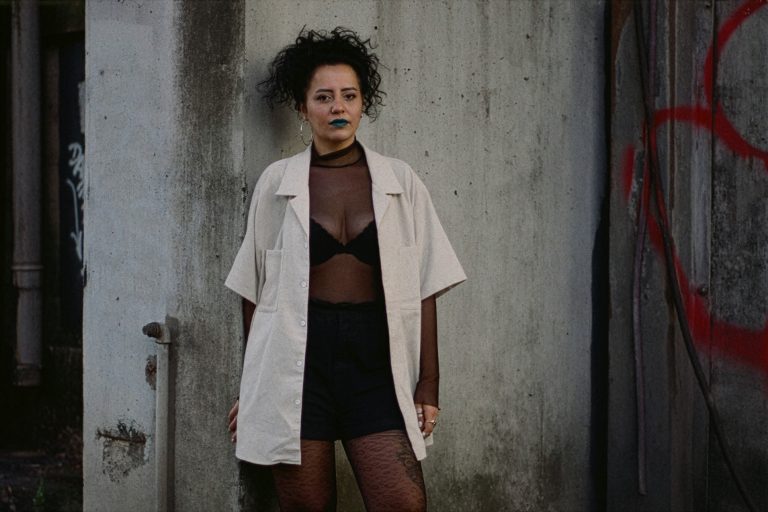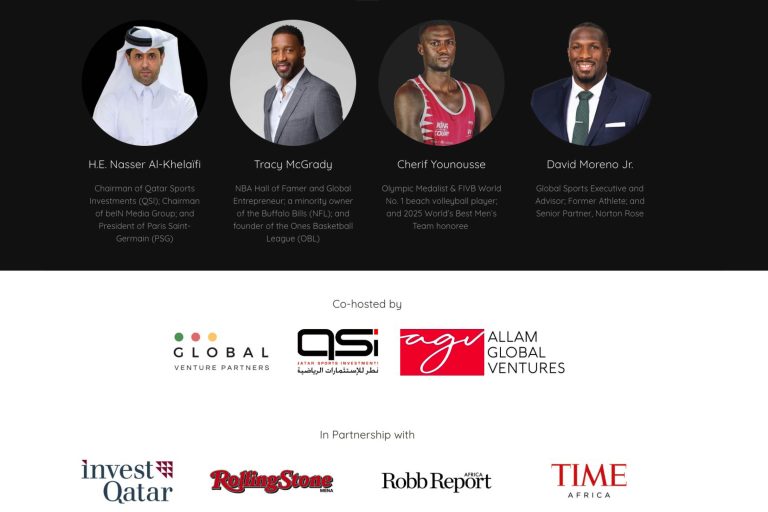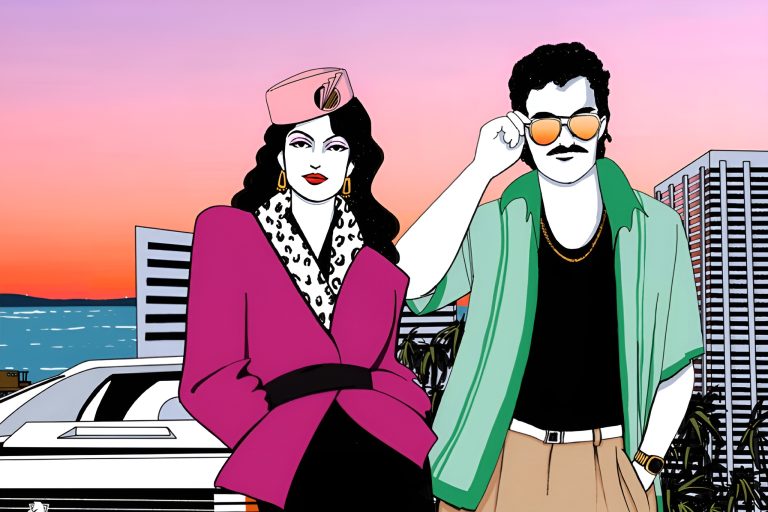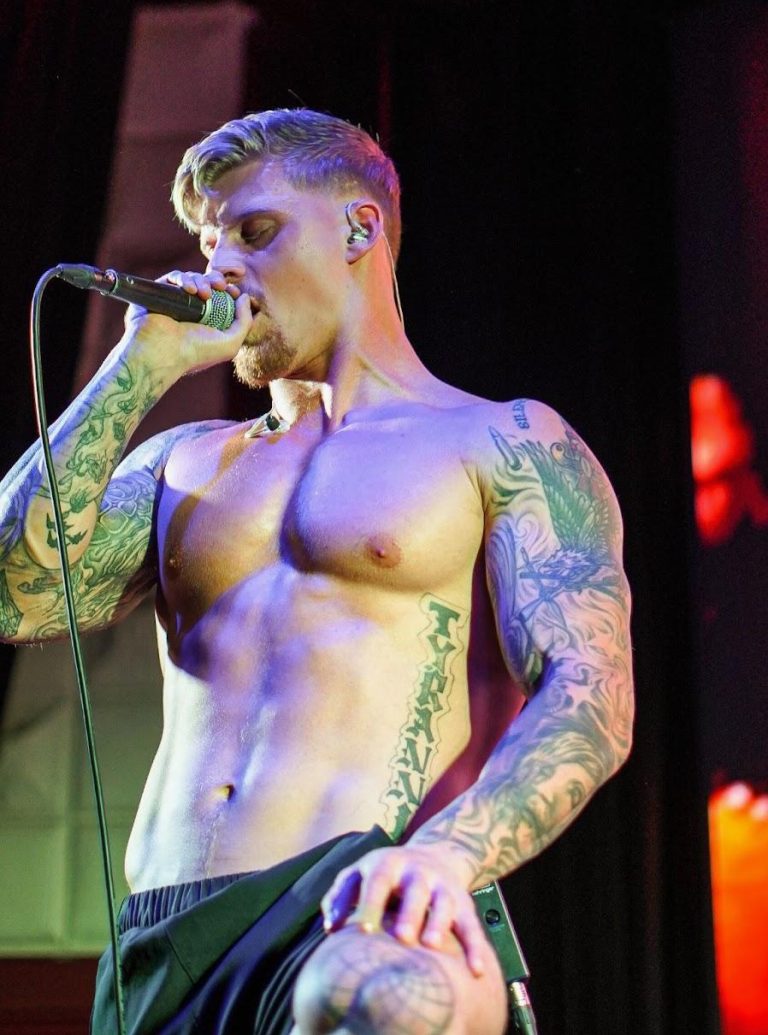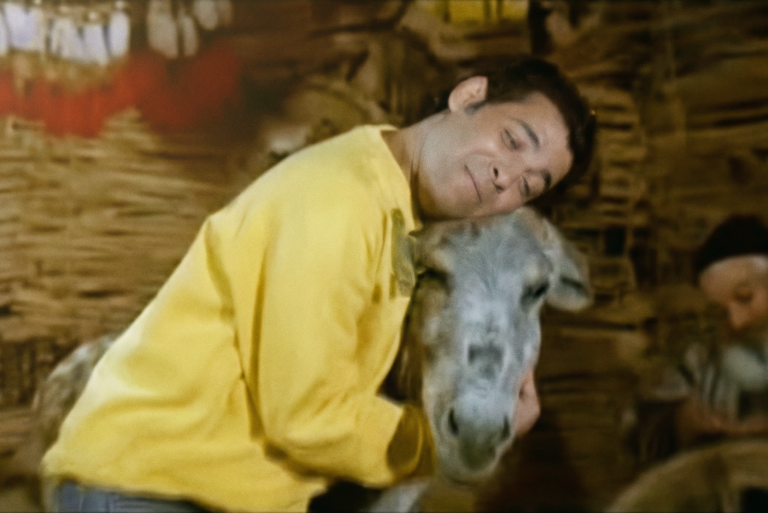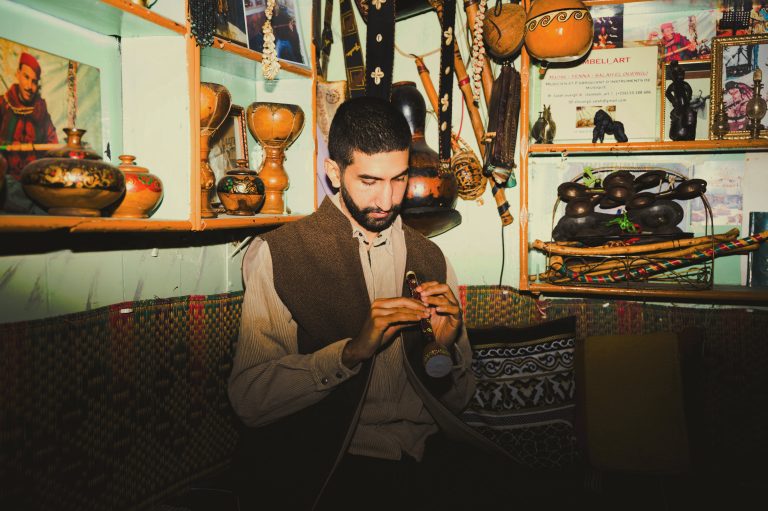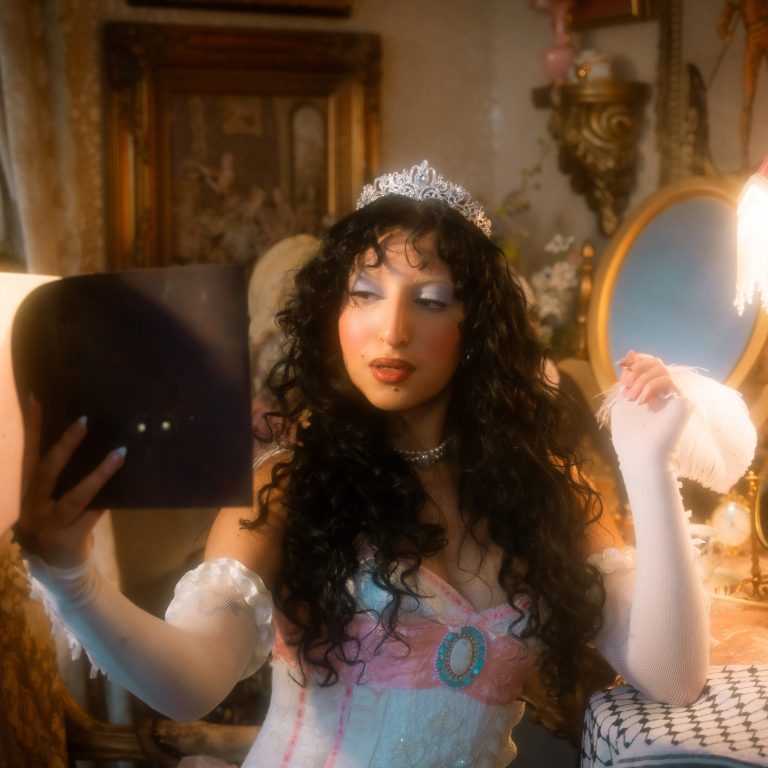On a sweltering Sunday afternoon in late June, the thick air hung heavy as hundreds mingled and danced at Elsewhere, a warehouse turned nightclub in Brooklyn. Electronic funk floated on the roof while building percussions echoed through the loft below during the latest sold out installment of Disco Tehran – a multicultural dance party and live performance project inspired by the vibrant music scene of pre-revolution 1970s Iran.
Hours earlier, across town in Times Square, a different crowd had gathered: anti-war protestors in an urgent response to the United States’ unprovoked bombing of Iranian nuclear sites that occurred not even a full day prior. The attack marked a major escalation in the recent Israel-Iran war, which had erupted a little over a week before.
“I support us finding joy however we can, and will never shame how we cope during this time, but damn Tehran is being bombed,” one person wrote in a group chat for diaspora. “Why is a Disco Tehran dance party happening?”
“I’ve seen them be very conscious and responsive to political developments,” wrote another person in response. “Their events are also more than dances, but try to be spaces of connection and solidarity.”
The exchange represents a conversation that tends to resurface time and again on the role of MENA-specific music collectives during moments of major political crisis – a discussion that reached new heights when the war in Gaza first broke out.
Such moments put organizers like Arya Ghavamian – who co-founded the project in 2018 and is Iranian himself – in a tough position, caught between the weight of expectation, the desire to keep the space alive, and his own emotional toll. Events like Disco Tehran also provide a significant source of income that both creators and their artistic collaborators often depend on.
“It’s extremely difficult, and I’m in pain,” said Ghavamian in a later interview. “But we have never stopped the shows with almost any calamity that has happened … Cancelling, in my opinion, is not the answer.” Instead, similar to others, he has tried to find ways to make the choice to attend easier – be it through refunds or discount codes – in order to maintain the community aspect.

“Our responsibility is to make sure that we exist,” echoed Philippe Manasseh, who is originally from Lebanon and co-founded Laylit, a U.S. and Canada based collective that spotlights music predominantly from the Arab world. “Because if we all stop existing, then the war is won – not only over there, but also here. Like, we disappear from society.”
“We’re just doing our best as organizers and as artists to bring a space to people to feel something other than doom and dread,” said Myyuh, co-founder of Haza Party, a New York-based dance party that centers music from the Arab, Asian, and African diasporas.
According to dozens of interviews conducted by Rolling Stone MENA, the concern is less towards MENA individuals themselves and more about the broader risk of downplaying the seriousness of current events.
“I think it’s a good thing that the community comes together and that we have an opportunity to find each other,” said Armin, 38, an Iranian who lives in Brooklyn. “At the same time, I believe that there should be something involved politically in this type of gathering. It shouldn’t be just for the sake of partying.”
Others worry these events allow attendees outside of the MENA community to consume the multifaceted music and culture of the region while disengaging from everything happening abroad.
“It’s almost like we are allowing foreigners to enjoy us without really having to face themselves,” said Anahita, 24, an Iranian-Canadian who lives in New York City. “It’s also different when the bombing is happening from America. There’s something that feels so wrong about not halting everything in its tracks.”
Often, organizers do make some sort of meaningful acknowledgement of what’s unfolding – be it on social media, in the form of speeches, donations, or through the nature of the event itself.
At one Laylit party, there was a separate “reflection room” with different kinds of musical performances and poetry, as a way to provide an alternative to dancing and experiment with other forms of being in a club.
During the COVID-19 pandemic, Yalla! Party Project, a queer-centered arts collective, launched an online talent directory resource to support artists of color who had lost work. After the Beirut explosion, Disco Dabké – a series of club nights showcasing 90’s & 2000’s Arab pop – collaborated with an NGO in Lebanon to send proceeds from their event, highlighting how these parties can also serve as platforms for mutual aid.
Ultimately, the growing popularity and diversity of MENA dance parties across North America and Europe – such as Disco Arabesquo, Ya Tab Tab, Disco Dabké, ADIRA, Mehmooni LDN, and more – reflects a clear demand for these initiatives, even amid dire circumstances.

“Starting from last year, I allowed myself to start celebrating life more,” said Ali, 31, a Palestinian immigrant. “And when I go to these events, I’m among my own people. You know, I don’t have to investigate where their morals are. And that’s kind of healing.”
Attendees and organizers alike repeatedly described this feeling of catharsis – a release they saw as unique to the experience these specific parties offer. For some, attending can also offer a form of solidarity that carries less risk and visibility than overt activism – especially in heavily surveilled environments.
“We have a lot of times where, you know, people are literally screaming and crying on our dance floor. But they’re happy to because they’re able to let it out in a safe space, because they feel like they’re being seen,” said Assia Belkees, who founded Yalla! Party Project and was born in Morocco but raised in New York.
As the sun lowered in the sky and the temperature started to cool at Elsewhere, more people trickled onto the dance floors, the pulse of the music remaining steady. At one point, the DJ began to play bandari, a style of Persian folk music from southern Iran.
“These are the songs that my family plays at any celebration or gathering. To hear it instantly transported me home, and I was flooded with the most beautiful memories,” said Yasmin, 28, Iranian-American. “And I think that can never be taken away from you, no matter what.”
A group of women, somewhat dispersed, instantly turn toward one another – their eyes lighting up in recognition, smiles breaking across their faces.
“Sometimes the diaspora can feel very divided,” continued Yasmin. “But today, I’ve locked a lot of eyes and shared dance moves with people who have just seemed eager to free themselves from the pain for a second and be with each other. And to have room for the pain and honor the pain, our roots, and our families … And I think there’s space for both.”
They raise their arms and begin to dance.


